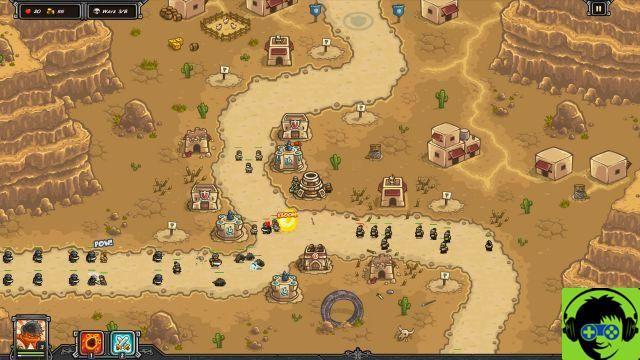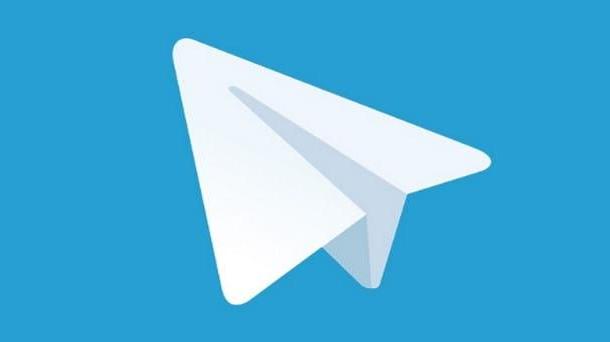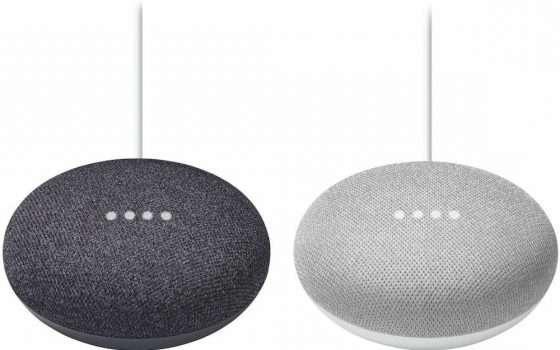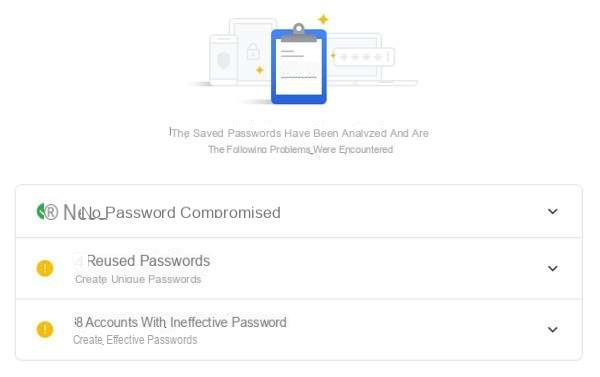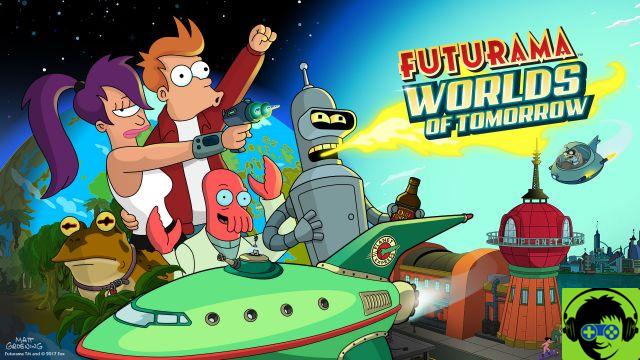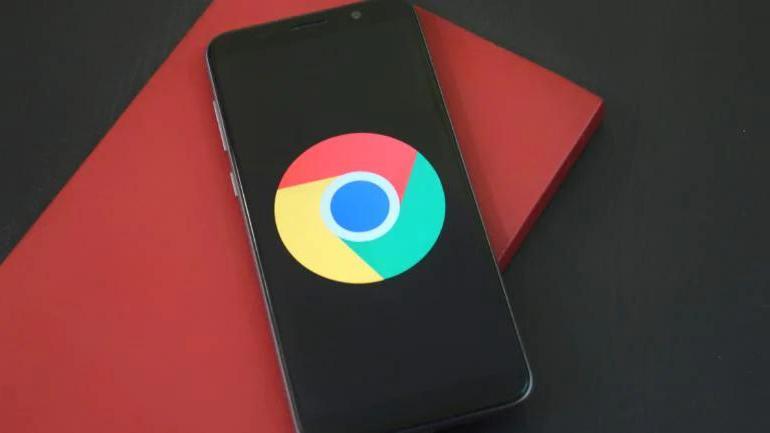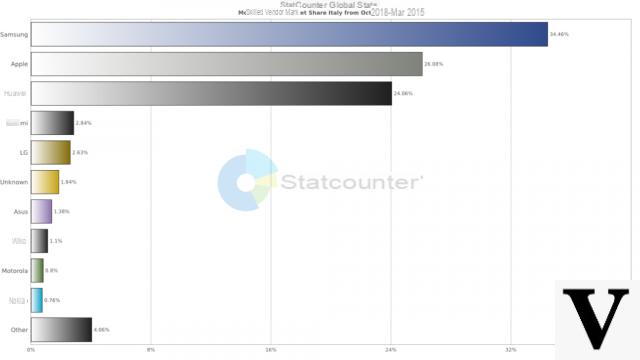For those of you who have followed the trial on this page, both through the "global warming" of Fortnite, but what have you done, and through the chronicles of the Epic Games trial against Apple, which, for greater understanding, I tried to organize in " logical units ”So that similar topics were grouped together and not spread over three weeks of interrogation, you know it was, in the sense of“ spectacle ”, somewhat disappointing.
Neither Epic Games had thoughtful artillery ready to fire at Apple, nor did Apple have a crushing defense that would have buried any chance for Epic to look its users in the face without embarrassment.
Rather, what happened is that the same arguments that had already been made out of court were repeated ad nauseam, only repeated by other people and with the extra help of professional witnesses provided by both sides.
Indeed, if one conclusion can be drawn, it is that the judge is being asked to decide far more than the Apple case, because all the distinctions he makes will be used from now on in any other app store lawsuits that may happen.
What is asked of the judge is to determine, in the first place, on which court this match is being played. If it's an app store league final (where Apple has a lot of competition), if it's a battle between gaming platforms (where the same game can be played on different devices), or if it's actually about whether Apple has the right to dictate exclusive (and exclusive) rules on how and what operates in his shop.
Depending on where the judge puts the knife, the outcome could favor Apple or Epic Games.
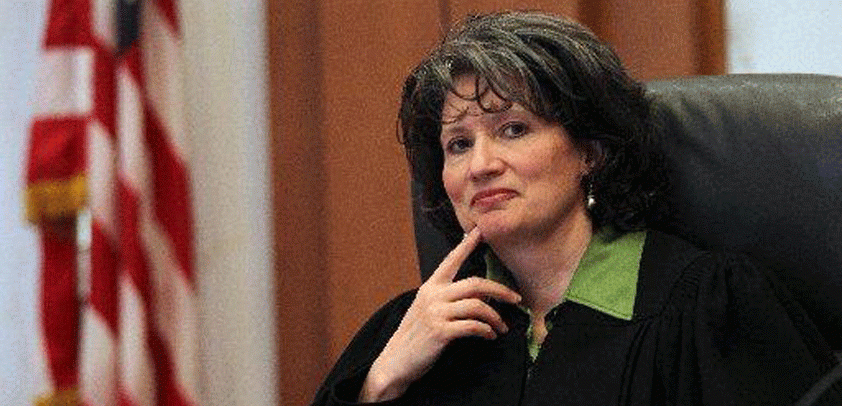
As we have repeated several times, even in the interesting chat we had with attorney Victor Salgado on the podcast, Epic Games' arguments have numerous weaknesses, which make their strategy seem more a matter of "fireworks" ( as he said CEO in an email to Microsoft) to condemn Apple's injustice.
All of Epic's arguments - I think - could have been raised in a lawsuit without breaking the rules and would have appeared with more moral authority than giving that argument to Apple who first broke the deck and now don't want to bear the consequences.
In reality, it is not a question here whether Apple could have chosen another system to allow developers to pay fees for using the App Store, in those years when Steve Jobs presented the store without knowing whether or not a market existed. .
What Epic wants is for Apple to change its rules to meet its needs.
We have also said many times that the argument that Apple makes a lot of money and therefore should lower its fees is false. Nobody says anything to the banks, oil companies or Coca Cola, for the many millions of dollars going into their businesses.
Earning a lot of money is not in itself penalized, unless it is done at the cost of limiting the freedom of those who sell in your shop. But Apple doesn't ask for exclusivity or preferential treatment, nor does it take action to make games harder to play on other platforms. Apple's strategy has nothing to do with Amazon and its Prime membership.
Again, it all comes down to where you decide this battle belongs.
If Apple has a monopoly in its store, it will need to be regulated externally, subject to rules that allow it to promote competition within the store. But no law requires that a store announce that there are cheaper prices in other stores, or that special promotions can be obtained by going to other stores to buy (leaving the benefit to third parties).
Apple has created an impressive money-making machine in the App Store, that's true, but it's directly related to the amount of money the developers themselves make. It is clear that we all like less taxes, that we all want to earn more by working the same way. But for the law to force a company to do so is something - to say the least - unusual.
The reality of the apple
Apple, seen and heard it all, is likely to be victorious in this trial, perhaps with a reprimand from the judge for its greed, but it's written in the sky that big tech will get its hands on the edge of their market-distorting power and capacity. .
Apple would be wrong to assume that, not having been convicted, it does everything right and doesn't have to change anything.
It has been shown to make big mistakes in approving applications and checking them within the store. App Store users are still scammed (99% effective in a billion dollar business is still many hundreds of millions of dollars stolen from unsuspecting users) despite everything; Developers have been asking for some things for decades that Apple simply doesn't want to implement (like free app trials) or at least doesn't want to communicate because it doesn't.
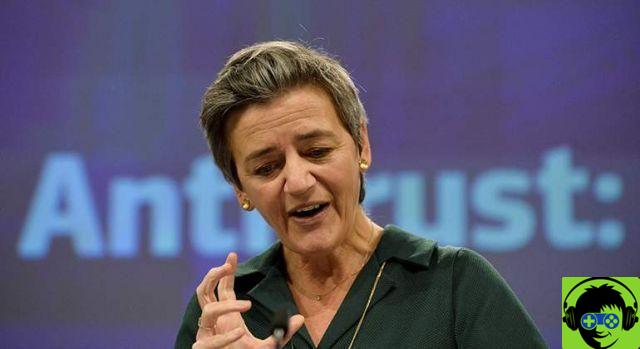
Despite everything, this will not be the last test of Apple by the App Store (let's not forget that even in Europe it has several open fronts and that Margrethe Vestager threatens loud and clear) and it is likely that - if they do not correct the course and continue behave arrogantly as if they are untouchable - they end up losing more than necessary.
Apple has long since generated reactive measures to try to crack down on or disable antitrust threats, such as lowering fees for apps that bill under a million dollars a year or opening the research protocol shortly before the launch of AirTags.
The battle of communication is the war that Apple loses over and over again, being the easiest to win. We hope this lesson has been learned.
Pd .: all our condolences to Judge Yvonne Gonzalez Rogers, because a hard nut to crack has fallen.









